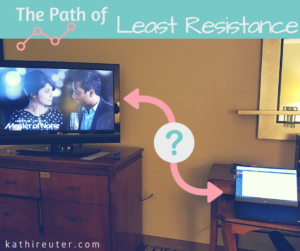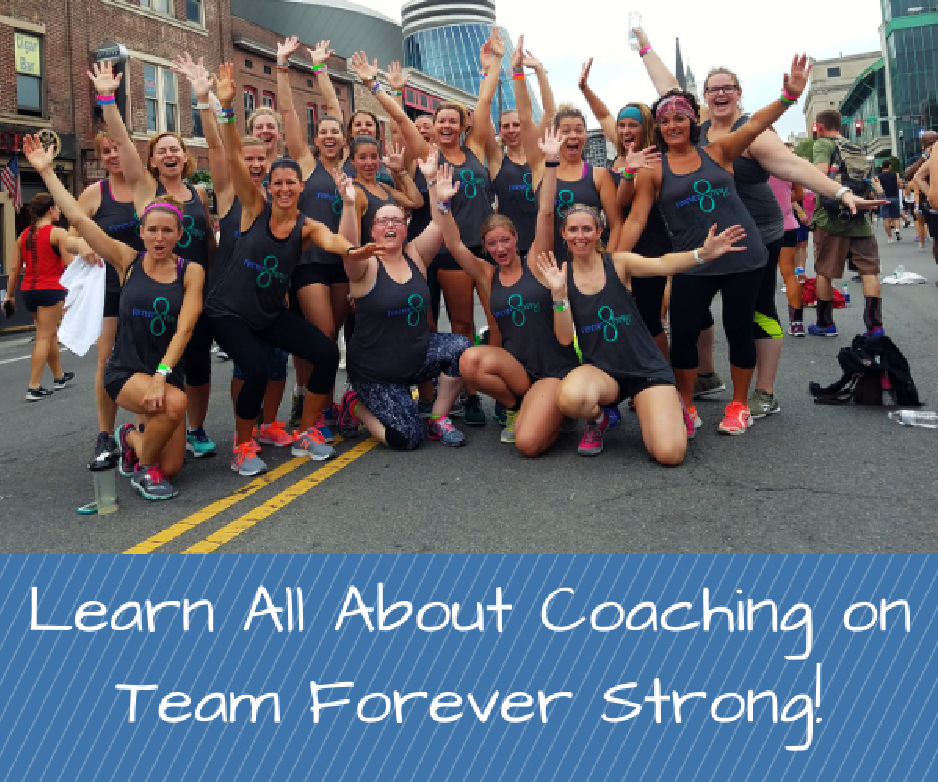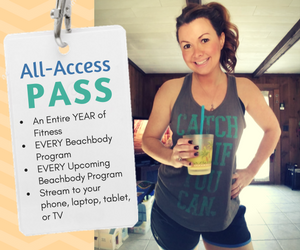Waiting to start is something that plagues a lot of people, especially as we get older and settle into our habits and routines. Every time we want to do something, but don’t (because we are waiting for the right time or the right circumstances), it gets harder the next time to start something.
And then, what happens is that 10 years of our lives go by, and we haven’t progressed, learn, grown, or tried something new. And that’s a shame, because life is meant to be explored, uncovered, and really bonded with! So many of life’s amazing experiences are locked behind the decision to start or try something that you want to do but just can’t seem to commit to the action of doing it.
Think about a time when you wanted to start something, and then never got around to it. Maybe you wanted to play the guitar. Maybe you wanted to lose some weight. Maybe you wanted to ask your boss for a promotion. But, for some reason, you didn’t do it. You procrastinated. You told yourself you won’t have time to learn the guitar, that losing weight is too hard anyway, and your boss probably won’t give you a promotion. So, things didn’t change.
But deep inside, you have the desire to change, to try something new, to get excited about something! And here is the truth – getting excited about things and trying new things leads to increased happiness.
Do you know how much you could DO in a MONTH?
A month is a LONG time. In a month, you could learn the basics of guitar. You could drop 15 pounds (or more!). You could start learning a new language. You can learn to cook. You could start a business.
Or, you can let a month go by, ending just the same as the last one, other than you being a month older.
Once you learn that you can start new things, it becomes addictive and fun, because it keeps life interesting keeps you learning!
The Lost Weekend
Have you ever had one of those experiences where you think about all the things you want to do on the weekend – get up early and workout, go to the beach, cook an amazing dinner at home, and go out with friends at night?
Then the weekend comes, and you sleep in. You think about packing for the beach, and the traffic, and the sand in your car afterwards, and decide to skip it and watch Netflix instead. Then dinner comes around and you don’t have all the groceries you need, so instead of picking them up, you just dial the local pizza joint and get a pizza. Then you cancel on your friends because, well, now you have pizza and you are already watching this show on Netflix and can’t wait to see what happens next.
Why did that happen?
Activation Energy and the Path of Least Resistance
There are two reasons why your weekend plans crumbled.
The first is activation energy. Activation energy is the amount of motivation it takes to start a task.
In the lost weekend example, it takes activation energy to go for that run. Going to the beach takes energy to pack food, a chair, a bathing suit, and put on sunblock. Cooking dinner means you need to prepare food, clean dishes, and spend time in the kitchen. Going out with friends means you need to get ready, drive somewhere.

When you do anything new, it takes a certain bit of energy to get you to actually commit to the new activity – a speed bump, right at the start. This can be as simple as the energy it takes to swing your legs off the bed and start your day in the morning, or as complex as actually picking up the pen to write the book you always wanted to write.
If you want to go running in the morning, often the hardest part is just getting out of bed and putting your shoes on.
The second problem is the path of least resistance. Us human beings are wired to follow the easy path, particularly with behaviors that are not yet habits.
See this picture on the right? This was in my hotel room. I actually wrote this blog post outside, because I knew if I was inside, it would be way to simple to just grab the remote and flip on whatever was on Netflix. I mean, I could always write this post tomorrow, right?
In the lost weekend example, it is much easier to just flip on the remote than it is to pack for the beach. Sleeping in is easier than running. Ordering a pizza is easier than cooking a meal.
In 5 years from now, though, when you look back at your Facebook Memories popping up on your phone – which day will you recollect more fondly?
So – how do we get started when the starting is hard?
Here are some strategies to actually make it easier for you to succeed by working naturally on the same principles.
Decrease the activation energy for activities you want to do, and Increase the activation energy for the activities you want to reduce
We want to make it easier to do somethings, and harder to do others. Sometimes you might have to go to extremes in the beginning – because activation energy decreases as an activity becomes a habit! So those bad habits might need to be made very difficult!
For our lost weekend example, here are some specific things you can do:
DECREASING the activation energy for what you want to do
- Lay out your workout clothes ahead of time, or go to sleep in them. That way, you can just get up and go.
- Pack your car with what you need for the beach the night before. Make your sandwiches and put them in a cooler. Make sure your car has gas.
- Get your meal prepped for the night. Know what you want to eat (so you don’t need to make a decision on it) and have the groceries on hand.
- Have your clothes ready to go for going out with your friends
INCREASING the activation energy for what you don’t want to do
- Put your alarm on the other side of the room so when you get up it’s harder to go back to sleep
- Unplug your TV on the weekend so you have to physically plug it in to watch it. Or disable your wifi in your house so you can’t watch Netflix.
- Throw out all the pizza menus that are in your cabinet drawers just asking you to browse through them
Identify and recognize what YOUR path of least resistance is
It’s important to identify what your path of least resistance is, because you will find yourself slipping into these activities when faced with choices of new activities that have a high activation energy.
Think of the last time you had to do something that you didn’t quite feel like it. What did you do to procrastinate or stall?
Here are some examples –
- Checking your phone compulsively
- Check on social media
- Go shopping or read the news
- Getting up from your desk at work and going to the coffee pot
- Moving too the couch and flipping on the TV
Sometimes, these paths of least resistance can even be something like organizing or cleaning. For example, when I have a project I don’t want to work on, I will often start doing dishes, or laundry, or other “busy work” that is in my line of sight.
Once you identified this, you need to make these activities more difficult to start. If you check social media constantly, download an app for your phone that blocks access to Facebook. If you shop or read news on the computer, block those sites using browser extensions. If you keep getting up from your desk, make sure there isn’t always a pot of coffee available to drink from so you have to brew a new cup. Whatever adds time and difficulty to getting to the distraction!
For me, I used to waste a TON of time with mobile games. I got to level 820 on Candy Crush. Do you know how many positive things in my life I could have accomplished in the amount of time it took me to get to that level?? This isn’t to say you can’t have any hobbies or vices. You just need to identify when they become a default for you instead of the activity you actually want to accomplish (like, when you are playing Candy Crush instead of taking the dog for a walk).
Find social influences and accountability for the activities you want
The hardest activity in the above to back out on would be meeting friends, because when you make a commitment to someone else it makes it easier to overcome the activation energy required to start. Sometimes, the path of least resistance becomes not irritating the person you are supposed to spend time with 🙂
Accountability is huge. It’s what we use in our challenge groups and it is absolutely critical for success. When people check in on you and you are checking in on them, it becomes much harder to give up.
Give yourself deadlines
Time is short. Don’t let the fact that you can do something next weekend, or next year, or in 5 years, be the reason you don’t do it now. Because here is the truth – that year becomes five which becomes ten which becomes a lifetime.
The #1 regret of the dying is that they never pursued their dreams.
That is happens when you let the time compound.
Did you know that tourists who are in a location for several days, on average, visit more landmarks than the people who actually live there? This is because they have a time constraint on their visit. It’s easy for someone in New York to say “I will see the Statue of Liberty at some point”, and never actually do it, while a tourist has to see it before they leave the city.
This works for anything, by the way!
These techniques work for everything – not just having a fulfilling weekend.
A very common situation is Losing Weight
To start losing weight, get rid of the path of least resistance (food in your house). Find accountability (check out one of our challenge groups!) Make it easy to do your workouts (decide when you will do them, and have your clothes ready to go). Give yourself a deadline of a month or so to reach certain goals. Meal prep, so healthy food is ready to go and measured out already.
You can also use these techniques to start a business, pick up a new hobby, learn a language, get better at your job, or even become more intentional about your parenting or your relationship.
Let me know if this worked for you and if you have any creative ways of impacting the activation energy for the things you want to do in the comments below! I’d love to hear from you!
Interested in joining a challenge group and getting accountability for your health and fitness goals? Fill out the form below and let’s chat!




